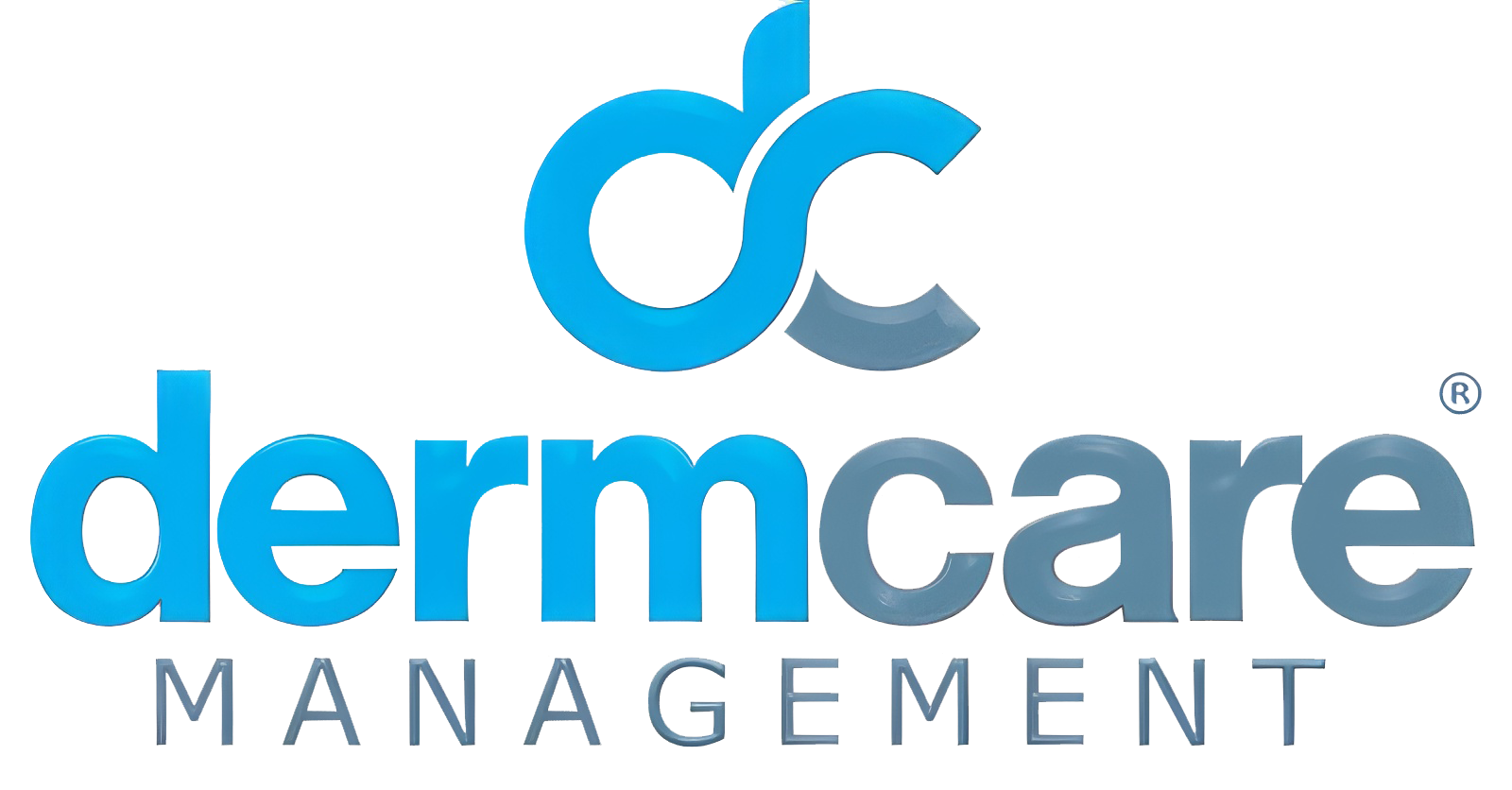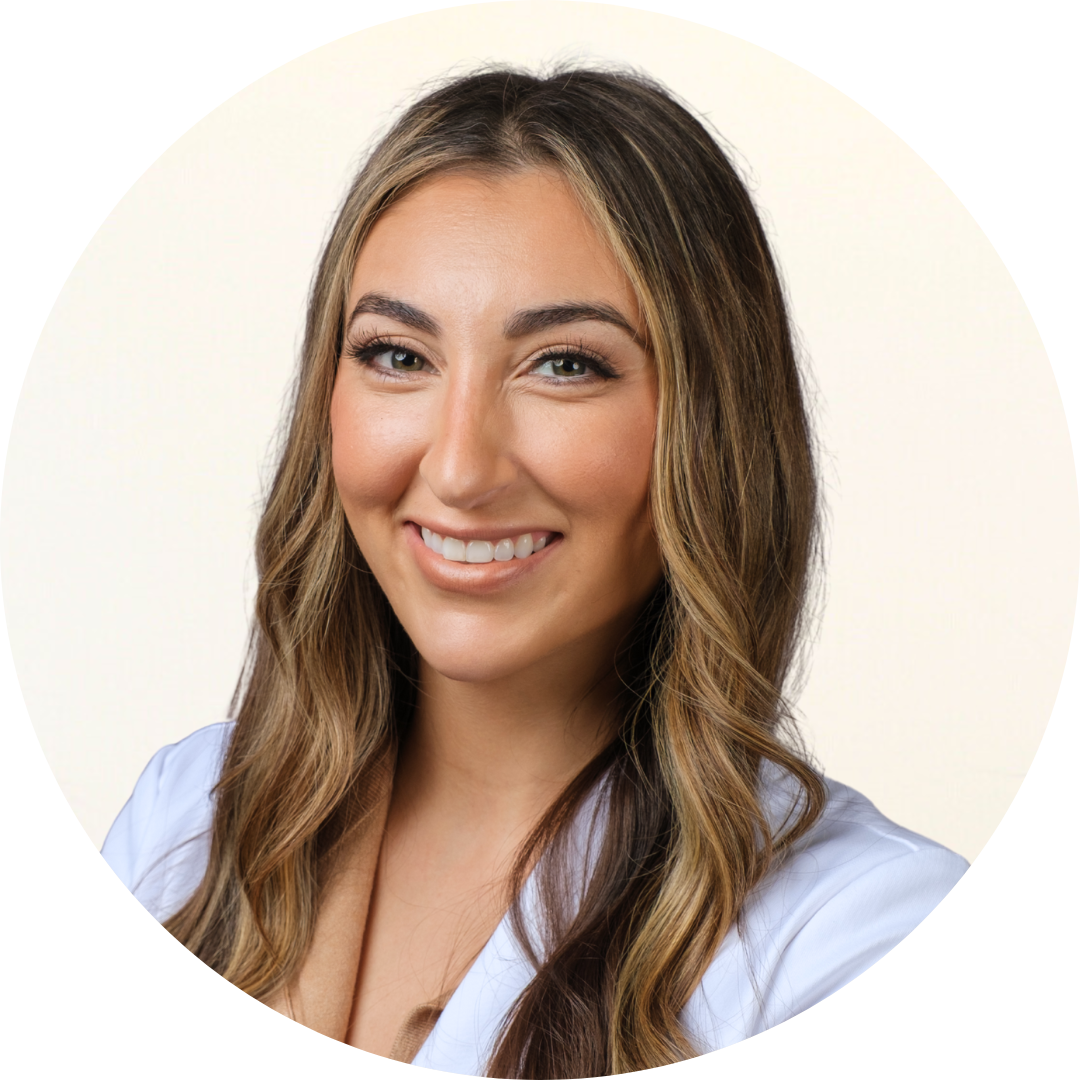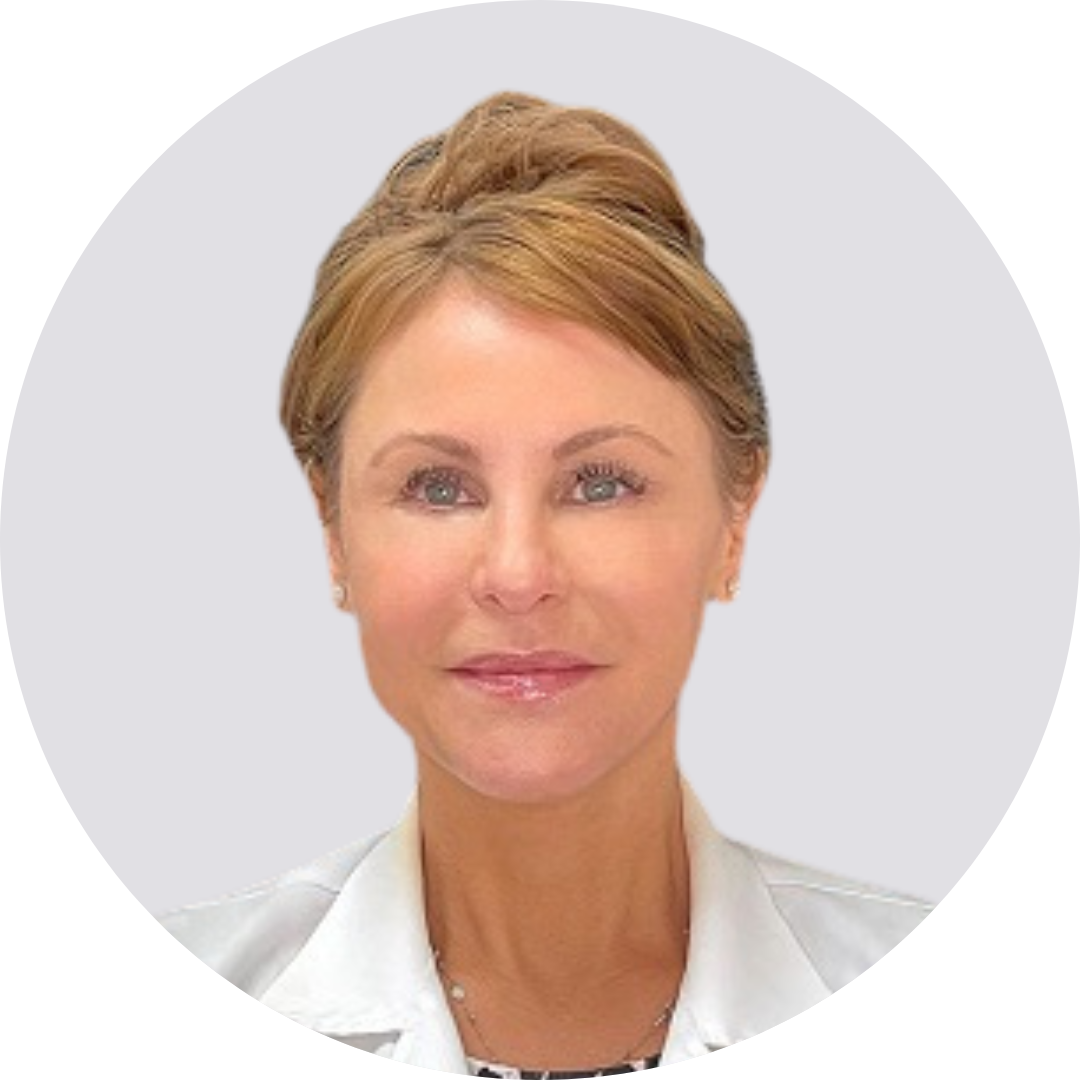Meet with a Board-Certified Dermatologist for Acne Treatment
Acne is a highly common skin concern that can take an emotional toll, becoming an embarrassing or unsightly issue. Whether you are a teenager or an adult, you don’t have to struggle with severe or recurring acne on your own. Meet with a board-certified acne treatment dermatologist at Rendon Center in Boca Raton, Florida, to regain your confidence. We will listen to your concerns and help you determine the best course of treatment.
Is It Time to See an Acne Treatment Dermatologist?
Acne used to be considered a condition that only affected teenagers going through puberty. Yet more and more adults are dealing with this condition well into their 20s and 30s.
Many people mistakenly believe their acne needs to be severe to seek treatment. This isn’t the case. The dermatologists at Rendon Center for Dermatology & Aesthetics regularly treat mild, moderate and severe acne.
If you haven't found a treatment that clears your acne or if this condition keeps you from living your best life due to embarrassment or insecurity, it's time to learn about the customized acne treatments available at Rendon Center.
Our Acne Treatment Process
When you meet with our board-certified skin specialists, we take the time to understand your unique acne concerns, challenges and skincare goals. This includes diagnosing the specific type of acne.
Once we understand your skin type and the severity of your concern, we will work with you to develop an appropriate treatment solution, determining which products or therapies are best for your skin.
For mild cases, we can help you develop a skincare regimen that includes mild cleansers and topical therapies. If you struggle with severe acne, we may recommend topical treatment combined with systemic therapies. With a Rendon Center dermatologist providing case-specific guidance, you should notice a dramatic improvement in your skin's appearance.
Advanced Acne Treatment Options at Rendon Center
Along with a customized skincare routine, our board-certified providers at Rendon Center offer a variety of highly specialized skincare therapies suitable for various skin conditions and types, including:
- Microdermabrasion: A microdermabrasion peel removes whiteheads and blackheads and can improve the appearance of acne scarring.
- Chemical peels: If you struggle with chronic acne, our professional chemical peels exfoliate the outer layers of skin, removing dead skin cells and reducing acne-causing bacteria to reduce the severity of breakouts.
- Facials: HydraFacials cleanse and exfoliate your face, removing excess oil and bacteria that clog pores while improving your skin's overall texture and quality.
- Laser skin resurfacing: Advanced laser technology lets us precisely remove damaged skin cells and acne-causing bacteria to reveal fresh, rejuvenated skin.
Why Choose Rendon Center for My Acne Treatment?
If you want noticeable results in a shorter time frame, turn to the best clinical dermatologists in Boca Raton. Our providers work closely with you, carefully understanding your unique needs to provide outstanding patient services.
Our dermatologists are well-versed in the latest clinical and aesthetic solutions, combining systemic treatments like medications with topical therapies. The result is a customized treatment that lets you look and feel your best.
FAQs About Acne Treatment
The friendly team at Rendon Center can answer all your questions about acne treatments. Here are some frequently asked questions to get you started.
What Causes Acne?
Acne occurs when follicles become clogged with dead skin cells, oil and bacteria. These blockages result in blackheads, whiteheads, pustules, papules and other types of pimples.
Many people experience more acne breakouts in their teens due to hormonal changes that cause an overproduction of sebum (oil) that clogs the pores. Some women also experience acne flare-ups during menopause, pregnancy or at certain times in their menstrual cycles. Hormonal acne typically occurs in the T-zone (the nose, forehead and chin).
Certain medications can also trigger acne. For example, those on testosterone replacement therapy often notice an uptick in hormone-related breakouts. Additionally, lithium has been linked to acne and other skin conditions, especially in the first six months of treatment.
Steroid acne is caused by prednisone and other corticosteroid medications. While this is sometimes called “bodybuilders acne,” these prescriptions are often taken for Cushing syndrome (AKA Cushing’s disease or Cushing’s syndrome), severe allergies, rheumatoid arthritis and other medical conditions.
What Types of Acne Are Treated at the Rendon Center?
Some of the most common types of acne treated at the Rendon Center include:
- Acne vulgaris
- Comedones
- Blackheads
- Whiteheads
- Papules
- Pustules
- Nodules
- Cysts
- Acne conglobata
What Looks Like Acne But Isn’t?
Many conditions look like acne vulgaris but are really something else. If you have persistent acne that doesn’t improve with over-the-counter treatments, it’s important to seek a diagnosis from a qualified dermatologist since your skin condition could be one of these lookalikes.
Rosacea shares many symptoms with acne vulgaris, including inflammation, papules, and pustules. However, rosacea also includes erythema (reddening) caused by the dilation of superficial veins and is typically localized to the central face. While laser therapy, antibiotics, or retinoids like isotretinoin may help both skin conditions, some cases of rosacea will respond better to different topicals like metronidazole.
Fungal acne (AKA Pityrosporum folliculitis or Malassezia folliculitis) is often confused for acne vulgaris but is a separate condition that occurs when hair follicles become infected by Malassezia yeast. This typically causes red bumps that sometimes turn into whiteheads. Fungal acne is itchy, while acne vulgaris isn’t.
Risk factors for fungal acne include:
- Having a weakened immune system.
- Living in a humid climate (like Boca Raton, Florida).
- Taking antibiotics.
- Wearing tight clothing.
- Removing hair, which can damage follicles.
- Having a condition that causes excessive sweating (hyperhidrosis).
Treatment for Malassezia folliculitis is different from for acne vulgaris. Oral or topical antifungal medications can help clear this type of acne. At Rendon Center for Dermatology & Aesthetic Medicine, our experienced dermatologists can diagnose fungal acne through skin examinations using a Wood’s lamp or microscopic samples.
When Should I See A Dermatologist About Acne?
When a pimple pops up, most of us first reach for drugstore products to clear our skin. However, as anyone who’s tried every combination in the skincare aisle knows, over-the-counter solutions aren’t always effective.
If you have persistent acne that doesn’t clear up after six to 10 weeks, our dermatologists can provide a customized treatment plan, which may include prescription medications, to balance and calm your complexion. They can also rule out any similar-looking skin conditions.
You’ll likely benefit from seeing a dermatologist for acne if any of the following apply to you:
- You’ve tried multiple treatments to clear your acne, but nothing works.
- Your acne occasionally clears, but breakouts follow these periods of calm skin.
- Your acne is cystic and painful.
- You have acne scars and want to avoid more in the future.
- You’re avoiding social activities because of the psychological impact of acne.
- You’ve noticed a sudden, unexplained change in your skin.
- You have persistent body acne that won’t clear with over-the-counter topicals.
Schedule a Consultation With an Acne Treatment Dermatologist
Ready to get on the road to achieving healthier skin? Whether you are a man or woman, the dedicated team of dermatological professionals at Rendon Center can help you find successful treatments for acne conditions. Call 561-750-0544 or contact us online to schedule an initial consultation and evaluation.



